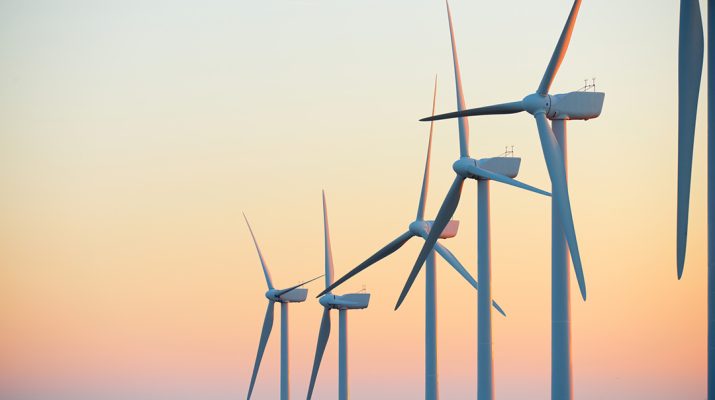Philip HOPKINS
THE Victorian Farmers Federation has criticised the state government’s new Victorian Transmission Plan as more like a roadmap for developers than a fair deal for regional communities.
One Gippsland, which represents all Gippsland local governments, is deeply concerned about the possible impact of offshore wind on the region’s fishing industry. One Gippsland has written to the Premier urging the Victorian government to protect the industry while progressing offshore wind development.
Gippsland, which will host seven gigawatts of offshore wind and many onshore wind and solar projects, will play an integral role in the new transmission plan, which envisages six renewable energy zones (REZs) throughout the state.
VicGrid’s plan has identified an area for additional onshore wind energy generation in Gippsland and the additional transmission infrastructure needed to support the estimated 7GW of offshore wind.
This will connect to the Latrobe Valley’s significant existing transmission infrastructure, built to connect coal-fired power in the Valley to the rest of the state.
The VFF President, Brett Hosking, said many farmers believe in deep, economy wide emission cuts and the industry has already made huge steps forward, but the way the government is going about it is leaving families in the regions facing an uncertain future.
“This plan has been sold as a way to keep the lights on, but it still leaves farmers in the dark,” he said.
“The government has redrawn the Renewable Energy Zones to suit developers, yet we still don’t know how much power will actually be built, what protections farmers will get, or what benefits will flow back into local communities.
“We keep seeing the see-sawing cost of these projects and you must wonder where it will end. How is a plan a plan if it fails to outline even the basic details of how much it will cost?”
Mr Hosking said the plan shows that renewables in the new zones could either double what’s in the ground now, or grow by more than 10 times by 2040. But the government admits it hasn’t set any firm limits.
“That means a farming family can wake up and find themselves mapped into a zone, but have no idea whether they’ll see a few turbines or a wall of projects built around them,” Mr Hosking said.
Endless outages the very real possibility, says Better Transmission
THE rules on compensation, community benefits and fair consultation were still missing.
“Right now, developers are getting the green light, while farmers are told to sit tight and that’s completely unacceptable. If you want a fast and fair transition, you’ve got to bring communities with you and not just bulldoze past with a plan to have a plan,” he said.
“The government is forgetting that in the path of these mega-projects are generational farming families, utilising some of the most productive farmland in the country. They matter and we won’t let the government forget that.”
Mr Hosking said the VFF’s message was simple: the government needs to stop leaving farmers guessing and be transparent.
“Farmers can work with change. But we won’t cop being treated as second-class citizens on our own land. If the government wants to get this transition done, it needs to put communities at the centre, not at the end of the queue,” Mr Hosking said.
VicGrid’s Chief Executive, Alastair Parker, said developers must talk to landholders to get permission to build renewable generation projects (such as wind turbines, large scale solar farms or batteries) on their land.
“Landholders can choose whether or not to host a project. Landholders who do host renewable generation projects will receive financial payments and benefits that they negotiate with the developer. Dedicated community benefits will also apply to projects developed in renewable energy zones. This ensures the whole community benefits from development,” he said.
A community group, Better Transmission Gippsland, said the plan’s outdated transmission thinking threatened Victoria’s renewable future. A spokesperson, Kirra Bott, said the final Transmission Plan was meant to be the roadmap to a clean energy future.
“Instead, it locks us into fragile overhead transmission lines that collapse under the very storms that climate change is making worse. This means a future of endless outages and bloated maintenance bills, that are paid for not by government or corporations, but by us – Victorian households and businesses. We all pay,” she said.
“All the while, our most reliable renewable resource – offshore wind – is stranded without the modern infrastructure needed to carry it securely. You’ve got to wonder just who really benefits from keeping us tied to outdated technology – with its endless failures and costly maintenance – when underground transmission could secure Victoria’s wind-powered future?”
The proposed Gippsland REZ and Gippsland Shoreline REZ will be placed on public notice for six weeks to provide the opportunity for comments and submissions. The Minister for Energy and Resources must consider any submissions when determining whether the renewable energy zone should be officially declared, VicGrid said.

